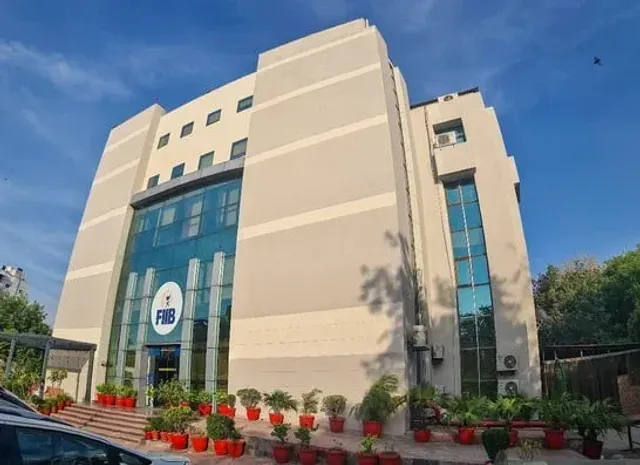The Union Minister for Education, Shri Dharmendra Pradhan, held a significant meeting with a delegation from the Education Promotion Society of India (EPSI), led by its office bearers Dr. H Chaturvedi, Alternate President, Dr. Prashant Bhalla, Sr. Vice President, Dr. Sekar Viswanathan, Vice President and other leading promoters of HEI’s from major states across the country. The hour-long deliberations focused on crucial strategies to elevate India’s Gross Enrolment Ratio (GER) in higher education to 50% by the year 2035.
In his discussion, Shri Pradhan highlighted the pivotal role of private higher education institutions in shaping the future of Indian education. He emphasized the tremendous opportunities awaiting Indian universities and colleges to become global hubs for higher education. The Minister drew attention to the transformative impact of disruptive technologies such as Artificial Intelligence (AI), Machine Learning (ML), Quantum Computing, Augmented Reality (AR), and Virtual Reality (VR) on job markets, stressing the need for universities to adapt their curriculum accordingly.
Shri Pradhan acknowledged the role of the private sector in education and urged institutions to proactively contribute to a roadmap for teaching and researching in exponential technologies. He emphasized that the collaboration between educational technology (Ed tech) firms and private institutions could enable the delivery of online courses worldwide, addressing the growing demand for education in emerging fields. Recognizing the impending jbmarket dynamics, the Education Minister emphasized the importance of making higher education affordable and accessible to the 12 crore youth expected to seek education in the coming decades. He commended the positive role played by private sector institutions and encouraged them to continue providing quality education at reasonable fees.
Shri Pradhan encourages the support of EPSI and its member institutions to organise roadshows across 10 countries to attract foreign students. The Minister stated that increasing international enrolments at least by 10% would also be crucial in achieving the 50% GER target by 2035. He further tasked EPSI with developing a comprehensive roadmap for the future of Indian Higher Education, aligning it with the demands of the dynamic global landscape.
He further added that engaging in allied courses after completing the 12th grade, even if not pursuing higher education, holds significant importance in shaping a wellrounded and versatile skill set. These courses provide practical knowledge and handson experience in specific fields, empowering individuals with valuable skills that are directly applicable in various industries. Whether it’s vocational training, certification programs, or skill development courses, they offer a practical approach to learning
and equip students with the expertise needed in today’s competitive job market. Allied courses also open doors to diverse career opportunities, allowing individuals to explore different fields of interest and discover their true passions. Moreover, these courses enhance employability by focusing on practical skills that are often in high demand, fostering a more dynamic and adaptable workforce. Embracing allied courses after the 12th not only expands one’s knowledge base but also ensures a smoother transition into the professional world, where practical expertise is often as crucial as formal education.
The Education Minister expressed optimism about the collaborative efforts between the government and private institutions, envisioning a future where India becomes a beacon of higher education, preparing students for the challenges and opportunities presented by disruptive technologies.



